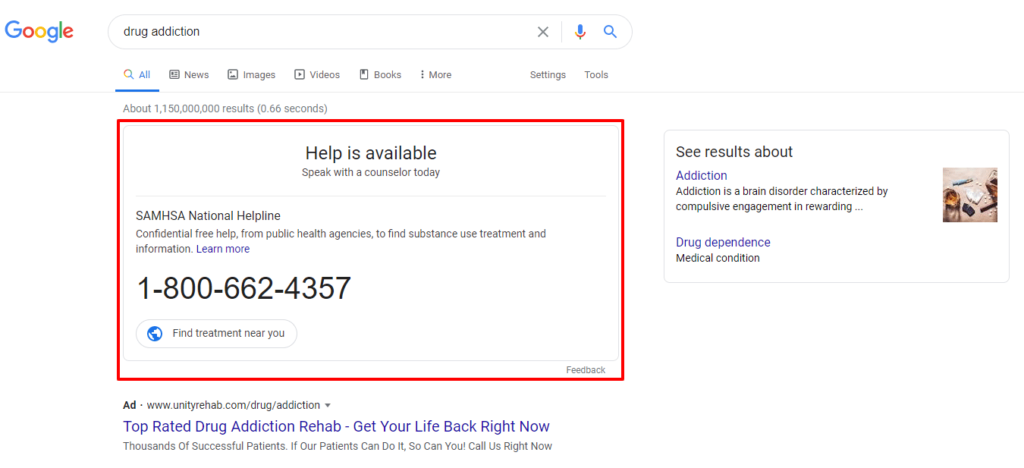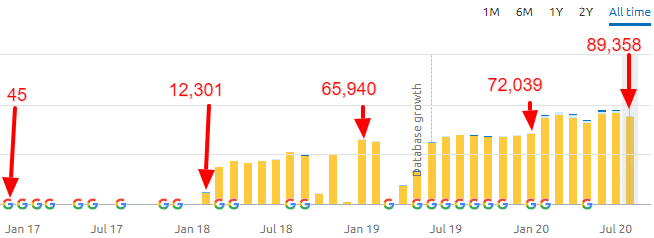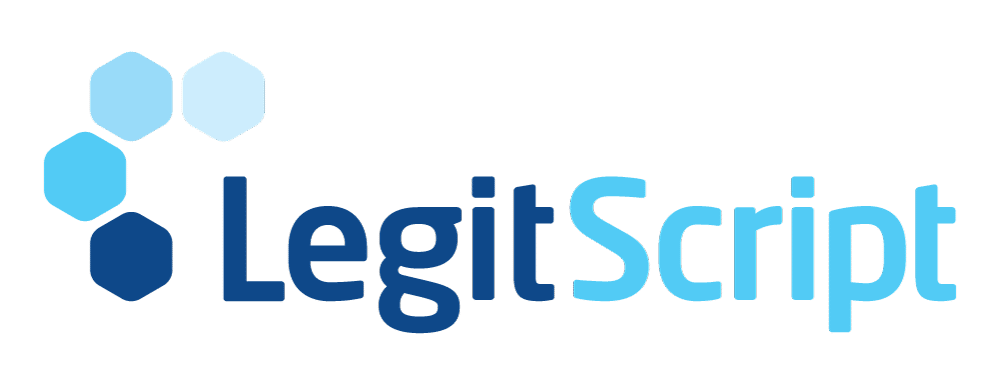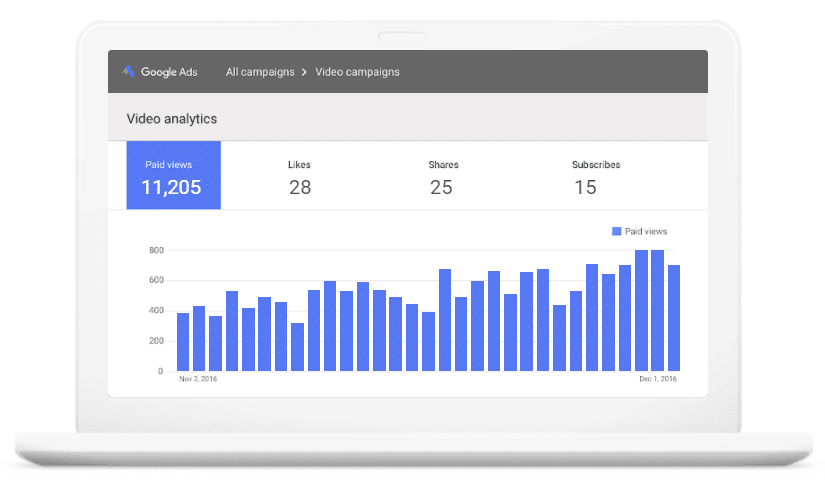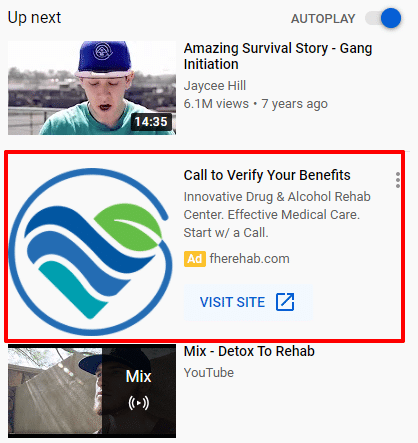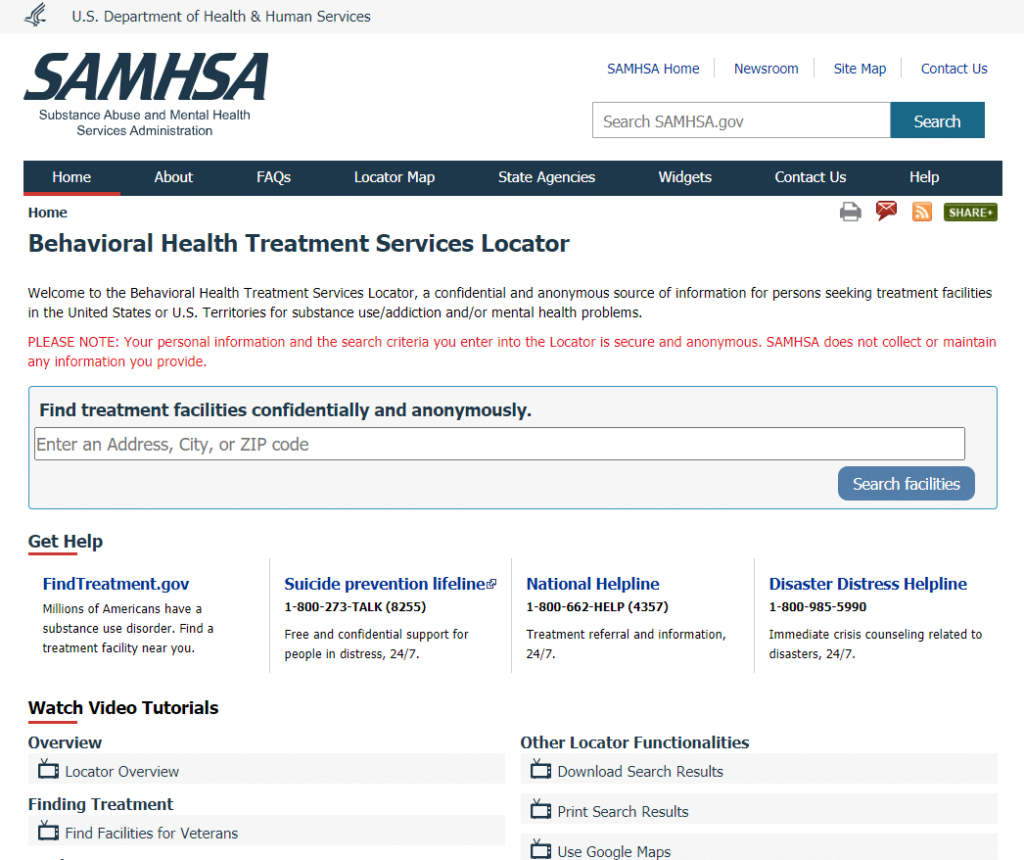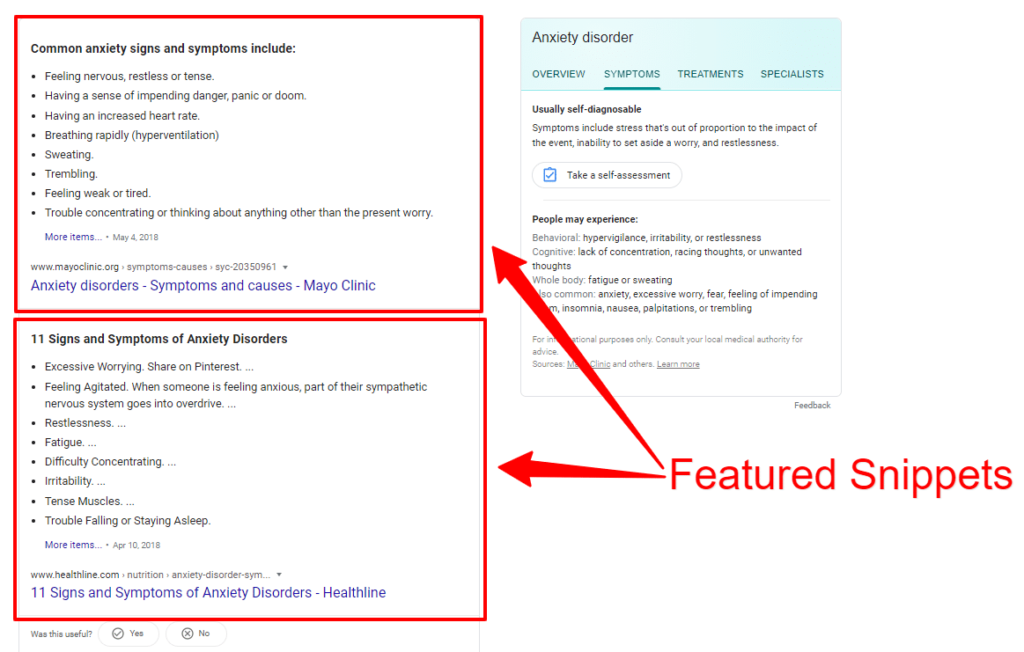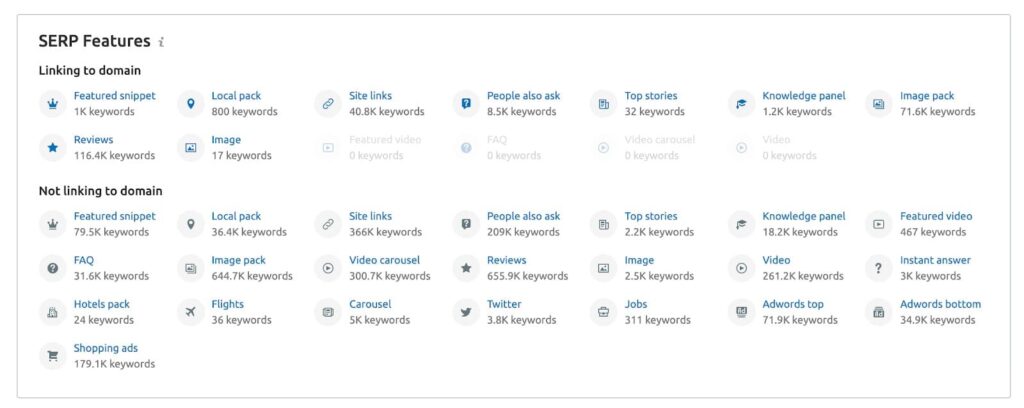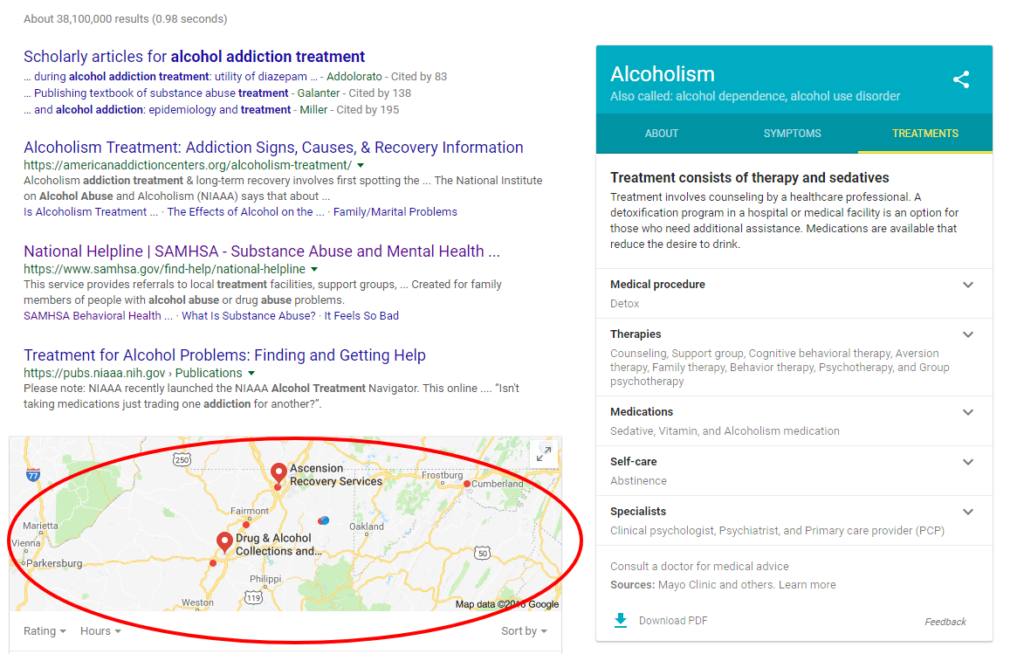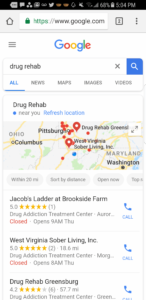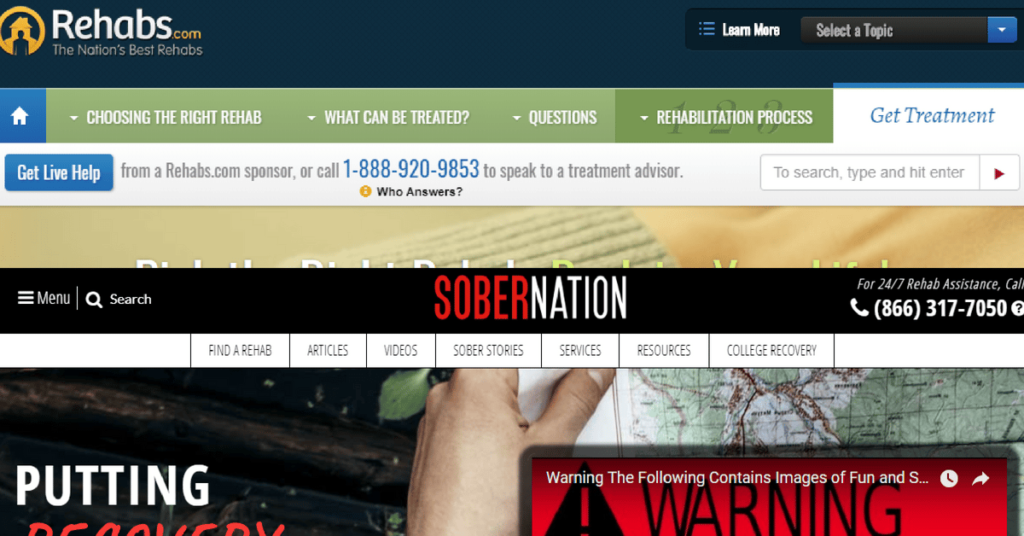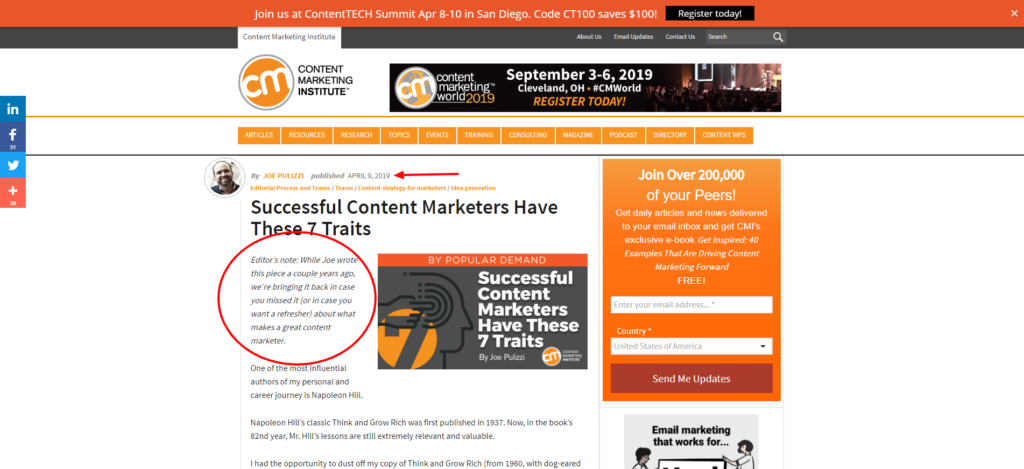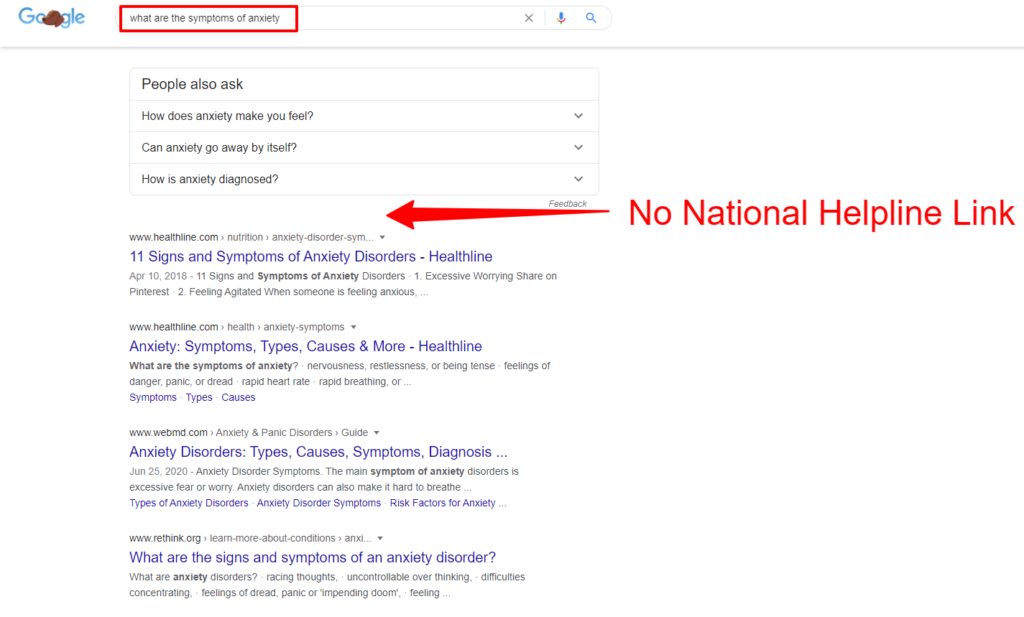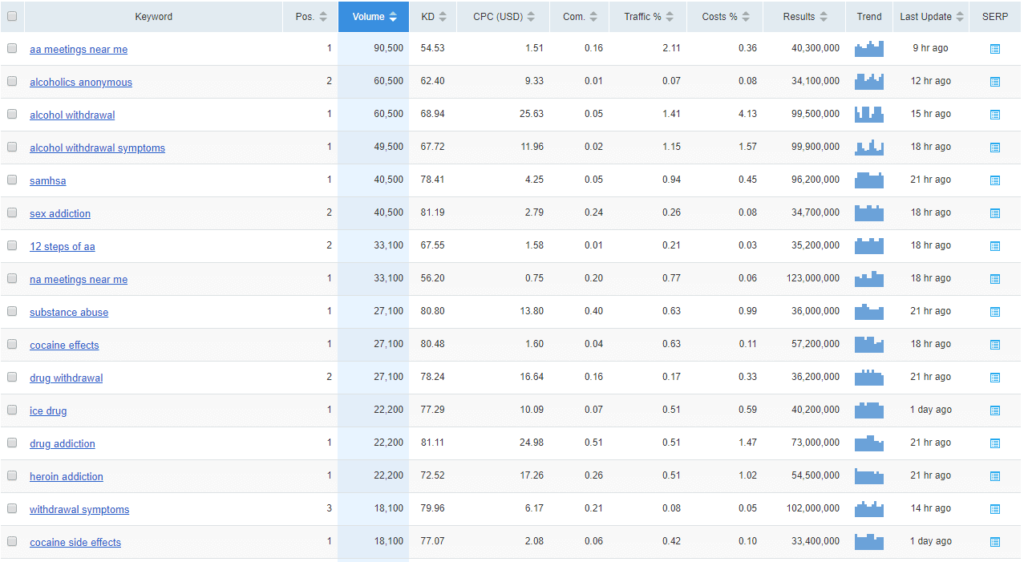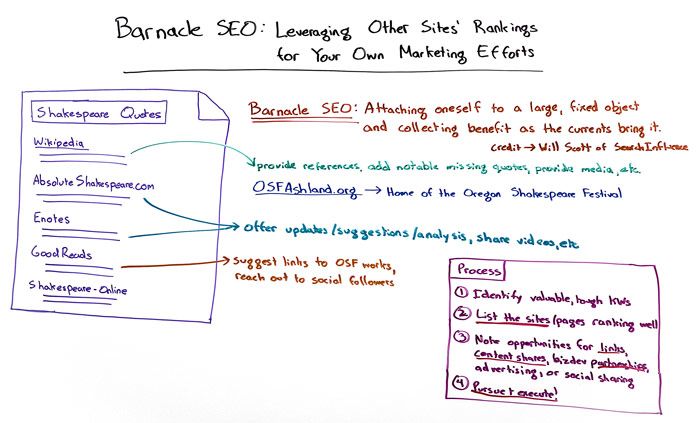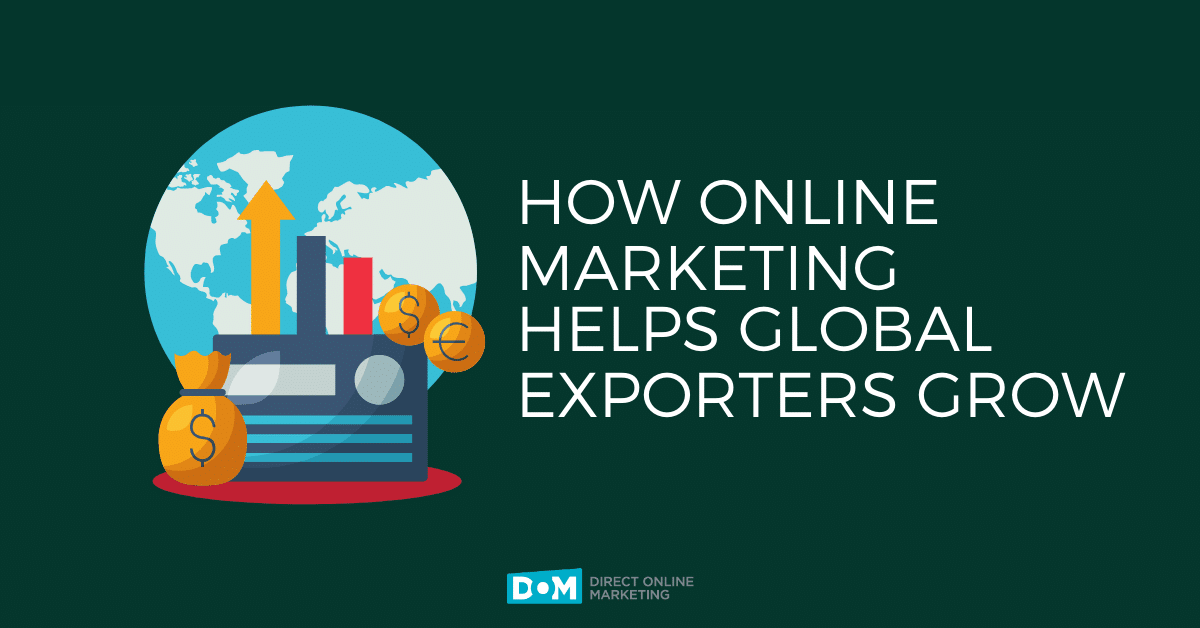12 Marketing Plans For Your Rehab Center To Kickstart Its Growth (Updated March 2022)
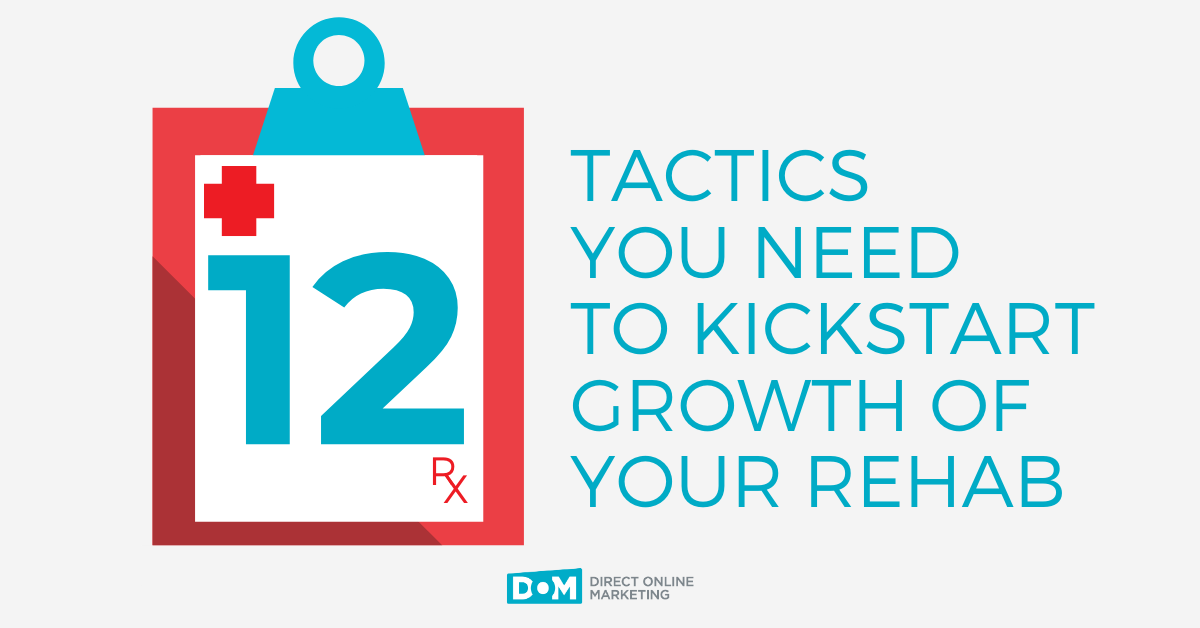
Over the last several years, substance abuse and mental health treatment facilities have had to make multiple shifts in the tactics they use to perform successful addiction treatment marketing campaigns.
Simply put: it’s not easy to be in charge of kickstarting growth for treatment facilities and rehabilitation centers.
Scammers and third-party lead generators have increased the difficulty for organizations to rank their websites to be found by the 23-million-plus Americans in need of treatment.
But the biggest Google change challenging SEO efforts for treatment facilities and rehabs isn’t the scammers…
Instead, it’s the government.
Learn how the Substance Abuse and Mental Health Services Administration (SAMHSA) has been impacting your ability to rank at the top of the search results. Then, get a glimpse into 12 of our top ideas to rise above SAMHSA in the search engines so you can get your growth plans off the ground.
SAMHSA’s Impact on Digital Marketing for Addiction and Mental Health
Back in February 2018, Google rolled out a significant change to how it presents search results in the United States when users look for services and information related to substance abuse and mental health.
That change? The placement of the National Helpline page provided by SAMHSA as one of the top three search results for high volume keywords like:
- “anxiety symptoms” — 77,500 monthly searches*
- “drug addiction” — 22,200 monthly searches*
- “signs of alcoholism” — 18,100 monthly searches*
The rise in the ranking presence of this page was exponential. According to data from SEMrush, its presence in the top 10 of Google results increased by over 1,100% in just the first month.
But that was just the beginning. Today, many of those same searches continue to show the SAMHSA National Helpline, and the number continues to grow.
For instance, as of August 2020, you can now find it listed on the first page of Google for over 89,000 terms. As a result, traffic estimates to the site have also grown by enormous leaps and bounds.
If you are responsible for confidently growing admission applications at a substance abuse or mental health facility, this change has forced you to rethink a few of your tactics. The good news is that rehab facilities like yours can respond and succeed despite this.
Get started with the extensive list we’ve created for you below.
Below, you will find 12 alternative marketing tactics – three using PPC strategies, and 9 using SEO strategies – that you can leverage quickly to compensate for SAMHSA’s ownership over the most clicked-through keyword positions in the search engines.
Our 12 Top Addiction Treatment Marketing Tactics
PPC And Digital Advertising Tactics
- Go ‘Legit’ to Run Search Ads
- Advertise On The ‘No. 2 Search Engine’
- Strategically Stay Top Of Mind On The ‘GDN’
SEO And Content Marketing Tactics
- Get Listed in SAMHSA’s Locator
- Create Content For Every SERP Feature
- Market The Map With Local SEO
- Explore New Markets With Hyperlocal Pages
- Review Your Past (Optimize It For The Future)
- Capitalize On Question-Based Searches
- Expand Upon Your Program Features
- Blog For Your Decision-Making Audience
- Barnacle To Top Content Publishers
1. Go ‘Legit’ and Get Approved to Run Ads In Search Engines
For a long time, Google and Bing accepted search engine advertising from rehab and mental health facilities in the same way they accepted ads from other medical service and healthcare providers. But, as the opioid crisis in the United States continued to escalate, the rules for addiction treatment centers started to change.
Why? Because scammers started taking advantage of those in need.
To help separate the scammers from the legitimate treatment facilities, Google partnered with LegitScript to setup an independent, third-party verification system. Since then, any in-person treatment facility, crisis hotline, or support group has been required to be LegitScript certified to advertise in Google. You can learn more about the LegitScript certification process from our friends at FHE Health, a healthcare institution that delivers quality, medically integrated personalized treatment for those suffering from behavioral health disorders located in Deerfield Beach, FL.
Why LegitScript Certification For Search Ads Became A Need
In case you missed it, here’s a timeline of how the bans and reinstatements of rehab facility advertising in search engines progressed:
- September 2017: Google began restricting ads from showing for searches related to addiction treatment after it noticed that some facilities running ads did not provide a high enough quality of care to help patients recover.
- January 2018: Google followed suit in the UK as well and eventually Google extended the ban globally.
- April 2018: Google announced its partnership with LegitScript. By July, LegitScript planned to verify about 30 facilities and Google would once again reopen advertising to in-person facilities, crisis hotlines, and support groups.
- February 2019: Bing announced it would also require LegitScript certification for all addiction treatment advertisers and would no longer accept third-party lead generators.
To be fair, there’s no doubt that running PPC campaigns in substance abuse and mental health niches is a costly marketing strategy. In addition to your monthly PPC marketing budget and associated agency fees, LegitScript requires an application fee per facility and an annual fee for verification.
With that said, search engine advertising is likely to be an ROI-positive endeavor if managed correctly. It’s also the only 100% viable option for getting a top page position for a keyword currently occupied by SAMHSA.
Plus, LegitScript certification keeps a lot of the less ethical facilities and scammers from competing for clicks and driving the costs per click higher.
Similar to becoming a listed facility in the Behavioral Health Treatment Services Locator from SAMHSA (more on that below), getting your facility listed will take some time, but the process is pretty simple.
If you are a representative of a facility interested in starting a LegitScript application, you can click here to submit one.
2. Advertise On YouTube, The Internet’s ‘No. 2 Search Engine’
If you clicked here, you were expecting this to be all about advertising on Bing, weren’t you? Or maybe one of the search engines that’s popular in international markets, like Baidu or Yandex?
Well, it’s not. Instead, you need to take a moment and think about leveraging the search opportunities provided by advertising on YouTube. A site that generates more searches on its platform than Bing, Yahoo!, AOL, and Ask.com… COMBINED.
Added bonus: it’s also widely considered to be the no. 2 social network, making it a great place to boost your social media marketing.
While it’s not a traditional “search engine” in the way you might normally think about them, there are nearly 3 BILLION searches per month done on the site, according to data compiled by Mushroom Networks.
That breaks down to over 1,100 searches per second.
Although it was acquired by Google back in 2006, LegitScript certification is not required at this time to advertise on YouTube. Therefore, it can be a more attractive advertising solution for smaller facilities with cost barriers to traditional search marketing on Google and Bing.
4 YouTube Advertising Tips To Maximize The Performance Of Your Videos
While LegitScript certification isn’t required, you’re still going to need to have a commercial or video ad ready to go for a YouTube promotion. Once you have your creative completed, here are a few ideas on how to get the best performance from a YouTube campaign.
- Use the appropriate format. Here’s a quick list of which type of YouTube ad is best for your campaign, based on your goals.
- Brand recognition: 6-second bumpers.
- Clicks: 15-20 second pre-roll ads (bonus: they can’t be skipped).
- Conversions: 15-20 second pre-roll ads
- Re-purposing a TV commercial: 30-second In-Stream ads.
- Utilize closed captioning. Provide the best user experience for your viewers with accurate, verbatim transcriptions.
- Target smartly. Find your audience using the options for gender, parental status, interests, or target specific channels they are likely to watch.
- Deploy an end card. You’ve made some great content, now reinforce your brand and inspire the viewer to take their next action by directing your viewers to their next destination – a landing page, your website, or your YouTube channel page.
There are definitely some benefits YouTube can bring to your marketing efforts with a dedicated advertising budget.
In addition, leveraging YouTube can also bring benefits to your traffic and visibility through SEO and referral traffic. Interested in learning how it can help you in these areas? Check out one of these helpful links.
- How We Grew YouTube Traffic 6,800% For This Retailer
- Video Hosting: YouTube or Vimeo?
- 6 YouTube Tips To Improve Your Results
3. Strategically Stay Top Of Mind On Google’s Display Network
According to Google, its far-reaching Display Network reaches 90% of Internet users around the world.
Websites. Blogs. News sites. Even Google-owned properties like Gmail and YouTube.
All of them have an advertising opportunity available to your facility through the Google Display Network.
Depending on the business goals you have for your campaign, Google can also manage the campaign for you on autopilot. Just set your budget, upload your ads, and off you go!
But just because it sounds easy, however, doesn’t mean it’s that simple. Sure, automated bidding is handy, but it’s only as useful as the strategy you put behind it. Similar to YouTube advertising and LegitScript approved PPC advertising, you’re going to want to pay a lot of attention to your targeting if you want a display campaign that will lead to conversions.
Oh, and you’re going to want to keep your ads fresh. You ever get tired of seeing the same ads from leading brands over and over? If you answered yes, then you can assume your audiences will too. Don’t bore them to death with your creative.
With the Google Display Network, you can proceed with confidence. Just be aware that patience and persistence are going to be key in this channel if you want it to pay off.
THIS TREATMENT CENTER
IMPROVED THEIR ADMITS BY 300%
USING DIGITAL ADS. LEARN HOW.
4. Getting Listed in SAMHSA’s Behavioral Health Treatment Services Locator
One of my favorite online marketing strategies comes from the adage, “…if you can’t beat ‘em, join ‘em.” From some of our research into how Google presents this SERP listing for SAMHSA, the link for the National Helpline will often include a site link to SAMHSA’s Behavioral Health Treatment Services Locator right underneath its meta description.
The fact is that Google favors displaying links from SAMHSA over other possible search results prominently, so getting your original content or sales-driven pages to rank above SAMHSA will be extremely difficult — almost near impossible.
However, SAMHSA has an online treatment finder, and rehab facilities can request to be added to that list of treatment providers.
How To Get Listed In The SAMHSA Behavioral Health Treatment Services Locator
Getting listed in the SAMHSA services locator is a great SEO tactic for your campaign. For starters, you’re gaining a backlink from a .gov domain — one of the highest-value links you can obtain.
Need a reason beyond that? The site generates an estimated 60,000+ visits per month in the United States from Google searches alone. The high volume and highly specific type of people visiting the site and then being referred to your facility create a great source of well-qualified traffic for your site.
If you represent a newer facility, or your facility is not currently listed in SAMHSA’s locator, getting listed will take some time. Overall, though, the process is pretty simple. Here’s how it works according to the FAQ on the locator’s website:
- You request the addition of your facility by completing the I-BHS Facility Application Form.
- The BHSIS Project Office verifies that your facility is eligible by contacting your local representatives or SAMHSA/CBHSQ. As an alternative, you can also contact your state mental health or substance abuse agency to help with verification.
- You receive a survey in the mail from I-BHS, complete it, and return.
- About a month passes, and pending final approval, your facility should be good to go. Just know that they typically add new facilities on a monthly basis.
To maintain your listing, you are required to respond annually to either:
- the National Survey of Substance Abuse Treatment Services (N-SSATS), or
- the National Mental Health Services Survey (N-MHSS)
These surveys go out every March, and your facility will be required to provide updated information each year after your facility was added to the list.
5. Create Content For Every SERP Feature
If you have spent time doing searches on Google and Bing for answers to almost any question, or for information on any general topic, then you have probably been served with a featured snippet result in the past.
What’s a featured snippet? According to Google, it’s that special box at the top of the search result before the standard listings. Featured snippets include:
- a quoted block of text from a webpage in paragraph, list, or table format
- a link to the webpage the text was originally quoted from
The content is also frequently read aloud by the Google Assistant if you do a voice search.
While that is the general description of a featured snippet straight from Google, they are just one of many top-position-snatching Google features. Google search engine results page features (SERP features) can take many different forms and shapes. In fact, according to SEMrush, there are over 20 different SERP features to keep in mind if you are using SEO as a growth strategy for your facility.
While some of the features SEMrush monitors will not have a direct impact on an addiction treatment or mental health campaign, many of them will.
12 Actionable Ideas You Can Use To Put SERP Features To Work
6 Ideas That Are Completely Within Your Control
- Local Pack: verify your GoogleMyBusiness listing and get citations on as many of the major local directories as possible (more on this in tip no. 6)
- Site Links: add links to your top resources and services pages in the footer of your website.
- Top Stories: Have your blog added to Google News.
- Knowledge Panel: if your facility has a Wikipedia page, or if one of your executives is a published author, one of these may be available for you to claim.
- Reviews: deploy schema markup in your site header files with star ratings and review counts from sources like the National Rehabs Directory, the fix, ChooseHelp, or Rehab.com.
- Twitter: publish your most valuable blog content and resources in your Twitter feed using keyword-rich hashtags at the end of each tweet.
6 Ideas You Can Influence (But Google Controls)
- Featured Snippets: if you have a page that ranks in the top 5 of a search term with a featured snippet at the top, create a subheading that includes the keyword, then publish content that matches the featured snippet type, using the keyword phrase 2-3 times in your text.
- People Also Ask and FAQ: answer the questions Google showcases in the People Also Ask box in an FAQ section on a top traffic page.
- Image Pack and Image: optimize the file size and dimensions of your image files and utilize up to 100 characters of your alt tag for keyword-rich descriptions.
- Featured Videos, Video Carousel, and Video: embed your YouTube videos on pages of your site that also rank well for terms with video carousels.
- Instant Answer: provide calculations and short, simple to answer questions on your top-performing webpages.
- Jobs: deploy schema markup in your site header files for the pages featuring any of your open job listings. Note that this only applies if you are hosting your job openings on your site. Platforms like Glassdoor and Indeed already do this for you.
6. Leverage Local SEO To Rank Where SAMHSA Can’t Be Featured
While SAMHSA will continue to dominate organic search results, they technically only have one physical location in Rockville, Maryland. As far as Google is concerned, SAMHSA can’t be featured in local SEO search results because they are not considered to be a provider of local treatment services. SAMHSA will always be your biggest competitor for traffic in the search engines, but one area Google is leaving open for you to own continues to be local SEO.
On desktop searches, a map listing with three facilities is included with nearly every top searched keyword phrase related to substance abuse and mental health services.
On mobile devices, the map takes over all of the SERP real estate above the fold. At a bare minimum, if you have not taken over ownership of your Google My Business listing, or verified your business with the following top local directories, opportunity is leaving you behind:
- Apple Maps
- Bing Local
- SAMHSA
- Yelp
If you already have your business confirmed on all five of the platforms listed above, you are off to a great start with maximizing your online presence in your local area. But you’ll want to take it further with local SEO as there are still as many as 22 other local directories we deem to have a “high” or “very high” citation value.
Because of the presence of the SAMHSA listing at the top of the search results, the fact that you want to reach your target audience on a local or national level will not matter – you’re going to want to leverage every ounce of opportunity local SEO has to offer. Don’t get left behind — local SEO needs to be a critical part of your drug rehab SEO strategy.
7. Go Hyperlocal
There are a lot of well-established websites in the substance abuse and mental health niche that have leveraged hyperlocal keyword searches very effectively over the years for their own addiction treatment marketing.
In fact, many of the most highly trafficked sites in this niche leverage creating a directory of treatment facilities and drug rehab centers as one of their main marketing tools to drive referrals to advertisers. Sites like SoberNation and Rehabs.com have done this for years and become so successful with this as a marketing strategy that they can now get you to pay them for traffic.
Because of how well sites like this perform in the SERPs, these types of directories can be a good source of both relevant referral traffic as well as qualified admissions leads. It can be tough to justify paying to be listed in a directory, but that doesn’t mean you should ignore these opportunities entirely.
Think of it this way — if you can justify paying to be part of your local chamber of commerce, you could probably justify paying to be listed in a directory that can help grow your admissions. Outside of becoming listed in rehab focused directories, you can also apply a hyperlocal approach to your website. If you know zip codes, names of popular suburban areas, or names of specific cities and towns within a dedicated drive radius of your facility, then you can leverage localized content to rank for some highly targeted long-tail keyword searches.
Want to go into more depth on hyperlocal digital marketing? Here’s a few blog posts worth your click.
- What is Hyperlocal SEO and Why Should I Be Doing it Right Now?
- How You Can Use Hyperlocal Ad Campaigns
8. Revise Your Past (Then Optimize It For Your Future) In Addiction Treatment Marketing
Historical optimization is the practice of updating old content on your site and improving its SEO value for the present and future. Over the past few years, this tactic has become an incredibly valuable SEO play for facilities with a large archive of content.
To briefly summarize this tactic, find a blog post or article on your site that was published at least six months ago. Prioritize pages on your site that either:
- Generate a lot of traffic, or
- Convert into admission inquiries
Then refresh the content, improve the on-page SEO, add an author bio, and re-publish it with a more recent “updated” date.
Search engines reward webpages they can rely on being “there” when the crawl the internet. This tactic presents your facility with the opportunity to avoid writing about the same topics over and over again. Instead, it helps your website establish cornerstone pieces of content that will reliably provide your site with traffic from search engines.
As an added bonus, historical optimization can help you establish your administrators and clinicians as thought leaders in the addiction and behavioral health industry.
Historical optimization in your addiction treatment marketing is a great way to get long term value out of content you published long ago.
9. Take Advantage of Question-Based Queries In Your Addiction Treatment Marketing
According to research compiled by Jumpshot and analyzed by Moz in March 2017, roughly 8% of Google searches are phrased as questions. With voice search only continuing to rise in popularity, the percentage of question-based searches are sure to grow accordingly.
Do you have an FAQ page on your facility’s website?
When you publish blog content, are you writing titles and subheadings in your posts in the form of a question? Take the time to answer both common and uncommon questions. Try to compile questions you may often get from admission prospects and their families about your treatment approaches, facilities, or warning signs that a loved one needs to know. There are two major benefits to taking this approach with your addiction treatment marketing strategy:
- You will be building trust and helping inform people who need help but are not ready to call.
- Your site will benefit from a larger number of entry points from keyword searches, lessening the impact that SAMHSA’s top positioning will take away from search traffic to your facility.
What questions are your admissions team, or your clinical staffers, uniquely qualified to answer? Give them a laptop and have them start writing!
10. Don’t Forget About Your Program Features In Your Addiction Treatment Marketing
Of the over 89,000+ keyword phrases where Google displays the SAMHSA National Helpline link in the top three results, above you will see just a small sample of the monetary worth of some of the terms, sorted by top monthly search volume estimates.* That’s a very small sampling of the data SEMrush has on rankings for the National Helpline page, but with a pretty quick glance, you will notice some trends across the keywords that Google is using to trigger this result.
- Different forms of addiction
- Someone researching reactions to substance abuse (withdrawal, side effects, etc.)
- Someone is looking to find/get help (AA, NA, rehab, etc.)
Now, in contrast to that, you may have noticed that keywords related to general program features were not in the above example. These days, no substance abuse or mental health facility is the same. Dig in to communicate what makes the approach of your recovery centers unique from other facilities.
3 Questions You Should Think About Answering In Your Content Marketing Plan For Your Rehabilitation Center
- Does your program take a mindfulness approach to relapse prevention?
- Do you leverage the outdoors as a therapy method?
- Does your staff have multiple advanced certifications or education credentials?
Whatever makes your facility stand out from the rest of the facilities out there, now is the time to capitalize on it. Make sure your site has dedicated pages related to those treatment programs and features and support those dedicated pages with press releases or blog post content. Optimize the dedicated pages for maximum search visibility by applying on-page SEO best practices and leverage link building strategies from the supporting content to heighten the importance of the dedicated pages to search engines.
With this addiction treatment marketing tactic, every page on your website can be an entry point to put you in touch with those in need of help.
11. Addiction Treatment Marketing Should Cater Content to Your Audience
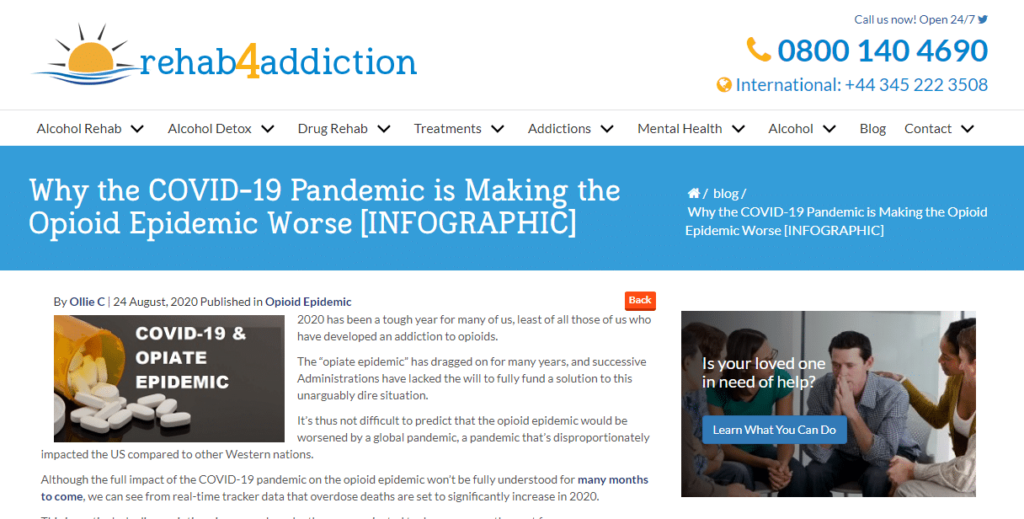
In response to these developments in Google search results, a lot of digital marketing agencies are going to suggest you try to leverage content marketing strategies only with the intention of generating interest from top-tier publishers. The idea here is that getting coverage in front of a national audience should generate backlinks and a lot of impressions. The concept can also be referred to as viral marketing — because “going viral” is super easy, right?
To us, this feels like an expensive fool’s errand; unless, of course, the idea of a campaign with a large expense and little to no attributable ROI sounds like something your facility wants to try out.
Addiction treatment marketing shouldn’t be about more awareness of your facility. Instead, it should be about connecting with people who love and care for those who need your help.
5 Content Ideas To Help Establish A Better Connection With Those Who Need Your Help
Going with a “10X content” approach that will have an impact on the attention your brand receives and little else, the more sensible approach is to cater your content directly to your audience. Here are several alternatives to making “viral” content that could be better suited to get your facility highly-relevant traffic:
- Answering questions for the family members of potential admits
- Recapping research conducted in the industry that validates your approach to healing
- Sharing video testimonials from alumni who have dramatically improved their lives after release
- Providing helpful guides on niche topics related to attending a treatment facility, such as a legal term glossary
- Reviewing national and international news topics and explaining how they are directly impacting addiction and mental health treatment
For all types of people, it’s tough dealing with substance abuse and mental health. If you seek to be a resource for people by providing useful information at the right time, they will reach out when they need you the most. Don’t rely on occasional brand mentions in big publications with the hopes that people will remember you when the time is right.
12. Barnacle Your Brand To Top Ranking Content Publishers
Barnacle SEO is not a new strategy, but it can be a highly successful approach when situations like this occur. The term was coined by Will Scott of Search Influence about a decade ago and there was a must-watch Whiteboard Friday about it several years ago, too.
The idea behind Barnacle SEO for rehab centers as an addiction treatment marketing tactic is pretty straightforward – leverage the top rankings of other sites for your gain. Ever since April 2018, ranking for the top keywords in the substance abuse and mental health space became exponentially harder due to the update of SAMHSA’s National Helpline. Now, in addition to competing with other facilities and online publishers for top keyword rankings, getting them is almost impossible because of the injection of SAMHSA.
What can you do? Create content specifically on other sites that rank for your targeted keywords. Five of our favorite target domains to leverage for this strategy include:
- Medium
- Quora
- Wikipedia
- YouTube
The value of links from these domains to help boost your search rankings is debatable. However, the referral traffic opportunity from all of them is great, and the frequency with which content on these sites ranks on the first page of Google results is high. While getting a Wikipedia page about your facility may be difficult, creating a profile and submitting content to all of these platforms should become a high priority online marketing strategy this year.
Closing Thoughts On Addiction Treatment Marketing Strategies
Many people are turning to Google to find answers to their troubles. With locations in Wheeling, WV, and Pittsburgh, PA, the team at DOM is well aware of the US’s opioid crisis. We are also sensitive to the fact that there is no “one size fits all” fix.
We think it’s a good thing that Google is trying to get people help when they need it from a neutral source. This is also not unfamiliar territory for Google. Back in November 2016, they made a similar change to the top of results for searches related to suicide.
But this change over the last two years does force substance abuse and mental health treatment facilities to shift. They can still use search engine marketing strategies to create opportunities for themselves.
They just need to get more creative in order to provide care to the nearly 23 million Americans in need.
The top 12 ways we suggest facilities shift their addiction treatment marketing strategies are:
- Become a LegitScript certified advertiser so your facility can run Google Ads and Microsoft Advertising
- Extend the reach of your commercials and video content with YouTube advertising
- Strategically tap into the near-limitless advertising opportunities in the Google Display Network
- Get listed in the SAMHSA Behavioral Health Treatment Services Locator
- Find keywords you already rank well for and structure your content for Featured Snippets
- Maximize visibility in local SEO by completing and verifying any available citations
- Create content on your site dedicated to hyperlocal communities that are in need of your services
- Keep top-performing pages up to date by adding more text and updating visual content every three to six months
- Invest time in creating a comprehensive FAQ or writing blog posts to answer common questions
- Optimize pages on your site for rankings around the unique features of your programs
- Create content tailored to the families and individuals struggling with these issues
- “Barnacle” content published by your facility to top publishing platforms for better exposure
Want to check out more of our actionable ideas from our Pittsburgh marketing firm to grow confidently online in the medical and health industry? Check out some of these blog posts below.
- Google Medic: How to SEO Proof Your Site in the Trust Authority Era
- How Do People Find Answers To Health Related Questions?
- How To Optimize Your Hospital for Local Search
- Healthcare Marketing Research & Survey Results
To get more information on this topic, contact us today for a free consultation or learn more about our status as a Google Premier Partner before you reach out.
